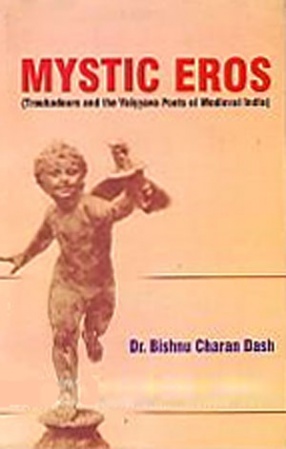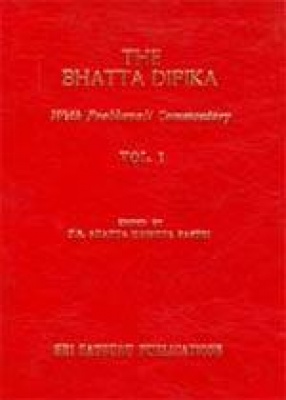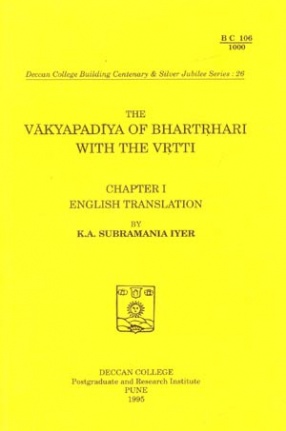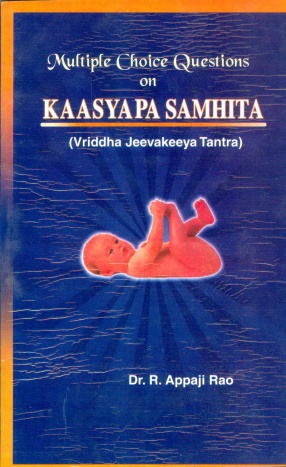Mystic Eros: Troubadours and the Vaisnava Poets of Medieval India
Synopsis
Mystic Eros is designed a cultural document on comparative medieval poetry, philosophy, religion and esoteric thoughts after an exhaustive analysis of the concepts of Eros and Kama in the Western and Indian traditions respectively. Eros as longing of the sickening soul in Neoplatonism is metamorphosed into mystic-Eros in the Middle Ages, and while ascending the various steps of the chain of Eros, the soul experiences a constant oscillation between the sacred and the profane. With the Troubadours of medieval France, Eros is viewed as a binding force that tends to bridge the gap between sense and spirit within the periphery of courtly love (amour courtois)--a powerful plea for refined sensuality. Passion, often treated by preachers and theologians as a notorious element, is viewed as a pure and purifying emotion by the Troubadours.
Like the Troubadours, the Buddhist-Tantric-Sahajiya Vaisnava poets metamorphosed kama into prema and devised an elaborate erotic-mystic ritual of ragasadhana (culture of love). The Troubadour technique of donnoi, deification of courtly lady (domna) and esoteric progression (Eros-Amor-Jois) has been finally juxtaposed with the Vaisnavite ladder of kama-prema-maha-sukha after a comparative analysis of the lyrics of Trobadours and Vaisnava poets of medieval India.
Read more
Like the Troubadours, the Buddhist-Tantric-Sahajiya Vaisnava poets metamorphosed kama into prema and devised an elaborate erotic-mystic ritual of ragasadhana (culture of love). The Troubadour technique of donnoi, deification of courtly lady (domna) and esoteric progression (Eros-Amor-Jois) has been finally juxtaposed with the Vaisnavite ladder of kama-prema-maha-sukha after a comparative analysis of the lyrics of Trobadours and Vaisnava poets of medieval India.
40.50
36.45
$
45.00 $
Free delivery Wolrdwidе in 10-18 days
Ships in 1-2 days from New Delhi
Membership for 1 Year $35.00
Get it now and save 10%
Get it now and save 10%
BECOME A MEMBER







Bibliographic information